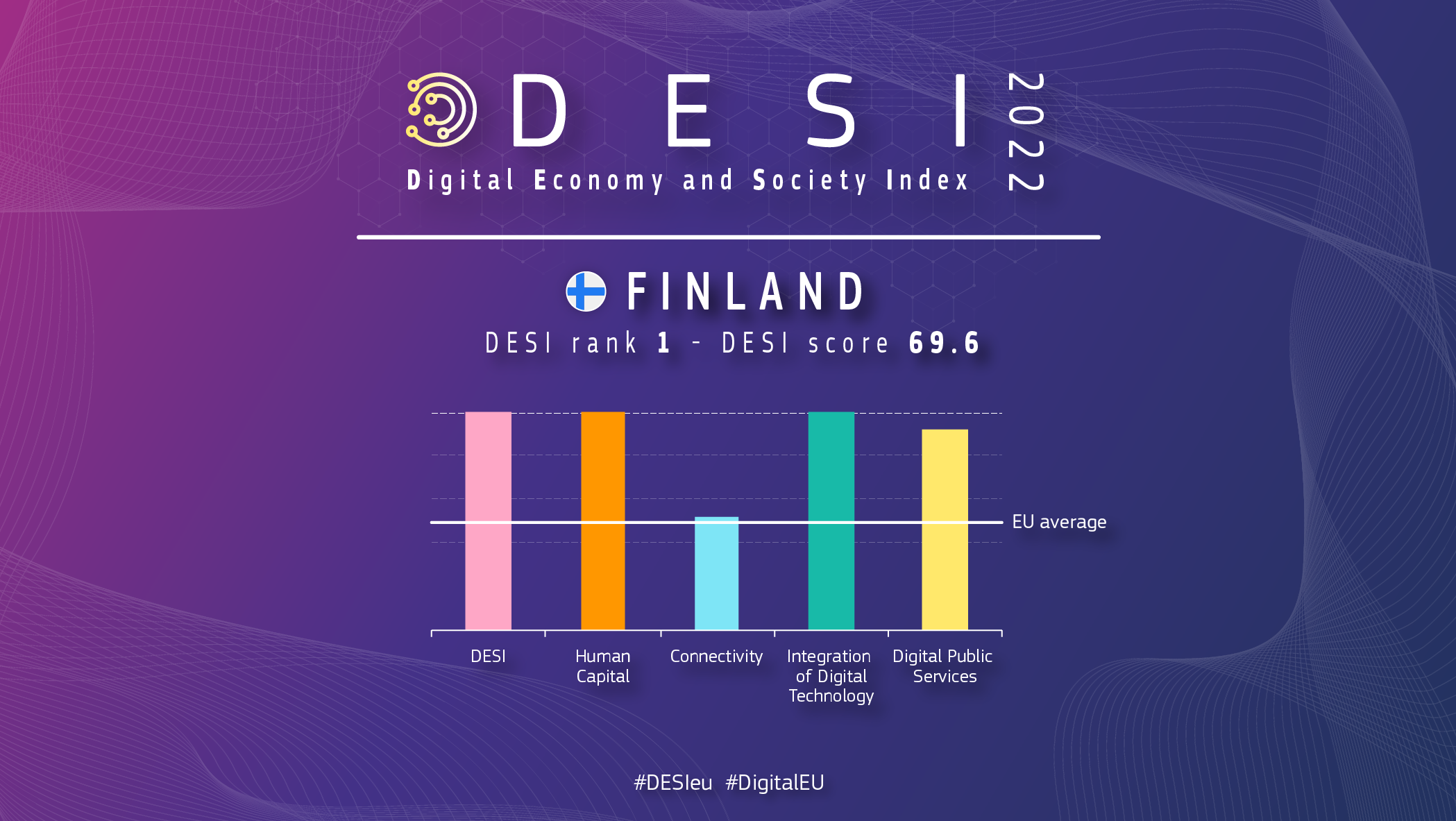I think videos give very interesting serving on the state-of-the-art on computer technology, connectivity, Internet of Things (IoT), Industrial Internet, security, and future prospects at work as well as leisure time. I digital era work and leisure seem to mixed, different apps and features seem to be mixed and everything is inter-connected.
I read and commented the following fellow students’ blogs: Heidi https://blogi.savonia.fi/heidinhaaveet/digi-society/, Jenni https://blogi.savonia.fi/winter/digi-society/, and Juha https://blogi.savonia.fi/juhaahola/digi-society/
On Big Data & IoT, I slightly disagree with the statement big data is better data. I feel sometimes big data quality is compromised. For instance, measurements may be questionable or nobody actually know what data represents. Nevertheless, I agree it is better to have big data than no data at all. However, sometimes data and statistics can be quite misleading, too.
In a way it’s interesting how excited Kenneth Cukier was in 2014 about big data, machine learning, self-driving cars etc. In 2024, I think we know much more and are still excited. Was Cukier forerunner or have we just not gone forward in 10 years? Cukier’s clay disc vs. hard disc was quite fun example! It makes to think how much we have gone forward in thousands of years.
Talk about next industrial revolution was inspiring and raised some thoughts. Some jobs will get eliminated; some jobs get created. Marco Annunziata went throught industrial revolutions on high level ending up with Industrial Internet. Declining price of sensors and data storage have contributed in IoT by making applications feasible. Preventive maintenance to help in raising utilization rate of machines and airplane maintenance were given as examples.
Another example is from healthcare. How to use IoT improve passthrough times; how nurses can use their time for patients not for looking for equipment. As Finnish healthcare system (SOTE) faces challenges; can they be tackled by IT technologies?
Speaking of challenges, cyber security talks were scary! J. Lyne explained how virus and malware industry is professional as any industry. He explained scary scenarios how criminals take over your data and make your pay. As everyone is inter-connected, one party ignoring privacy issues in can lead quite a bit data leak. Simultaneously, more a more people don’t know what is under the hood in IT systems but just use them. Andy Yen had more positive message: privacy does not need to be difficult. It has to be embedded in our behavor like good habits.
In my opinion free Chat GPT is a bit more of a hype than a useful tool at the moment. This situation is likely to change fast as IT systems improve so quickly. I have had Chat GPT installed on my phone (iPhone apps Chat Box and Chat GPT) and I have used Chat GPT via web browser for half an year. I recently attended to Chat GPT training by TEK. It is available via Vimeo: at https://vimeo.com/906514571 (requires login with e.g. Google account). I very much recommend watching this if you have extra time.
I only have used the free version of Chat GPT, but I have heard the commercial version is much more powerful. Why I am so critical currently towards to the free version of Chat GPT is that I feel it is not much more than Google search tells me. For simple questions, Chat GPT and Google answer in similar generic manner. Chat GPT actually uses the same data for its’ language model as Google search does. For more complicated questions, Chat GPT still answers, but you have to be careful with the answer as Chat GPT can hallucinate. This means an answer can be totally wrong.
On a positive side, I have Chat GPT extension on Google Chrome and I use it make summaries of .pdf documents. That I find quite useful. I have learnt quite many handy things about commercial versions. MS Teams can soon make meeting memo of Teams meeting by AI. You can draft a book content and then individual chapters by AI.
What I have learnt? I think the most shaking learning were related to data security and privacy. There are lots of future scenarios how computers and internet comes closer to us. Our phones, cars and computers are already connected, we start to have wearable connected electronics. In the next phase, our work and living spaces get more connected. Altogether this development opens more and more potential risks.
I also learnt that EU tries to balance between overly stringent regulation and free development of businesses. This is not easy balancing. It is easy to criticize EU for being too much on control or too liberal. Frankly speaking, I couldn’t do better. I hope they listen right experts who have genuine interest to maintain certain privacy and security level for citizens, but also allow businesses to develop.
EU gives ratings for digital capabilities of member countries (https://digital-strategy.ec.europa.eu/fi/policies/desi-finland). Finland’s results for 2022 is below. Connectivity seems to be of average; in other aspects, Finland is considered highed than average. The given rank is 1!



Hello! Thank you for your blog post. It was good point to highlight the problems of the Finnish healthcare. At least incredible amount of money has been invested in its ICT systems over the years. But could IOT be the solution to the problems?